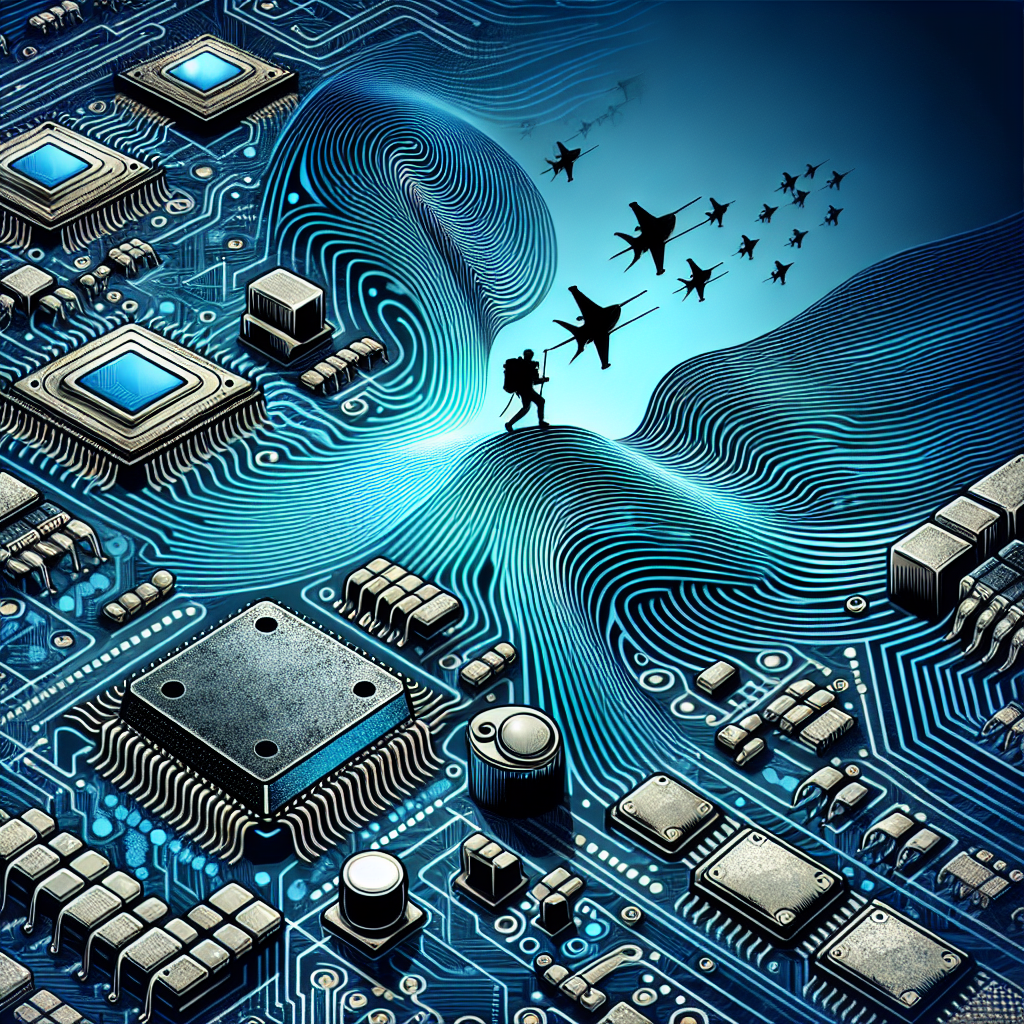Exploring the Impact of Semiconductors on the Electronics Industry
Semiconductors have played a crucial role in shaping the electronics industry as we know it today. These tiny electronic components have revolutionized the way we live, work, and communicate, and their impact on the industry cannot be overstated. From the inception of the first transistor in the 1940s to the development of modern microprocessors, semiconductors have driven innovation and transformed the way we interact with technology.
One of the key ways in which semiconductors have impacted the electronics industry is through the miniaturization of electronic devices. Semiconductors have allowed for the creation of smaller, more powerful electronic components that have made devices such as smartphones, laptops, and tablets possible. This miniaturization has also led to the development of wearable technology, smart home devices, and other innovative products that have changed the way we live and work.
Semiconductors have also played a crucial role in the development of the internet and digital communication. The creation of semiconductors such as transistors and integrated circuits has enabled the rapid transmission of data, leading to the creation of the internet and the explosion of digital communication channels. This has revolutionized the way we communicate, allowing for instant messaging, video calls, and social media platforms that connect people from around the world.
Additionally, semiconductors have had a significant impact on the automotive industry. The development of semiconductors has led to the creation of advanced driver-assistance systems, electric vehicles, and autonomous driving technology. These innovations have made cars safer, more efficient, and more environmentally friendly, leading to a shift towards cleaner and more sustainable transportation options.
Furthermore, semiconductors have revolutionized the healthcare industry. The development of semiconductors has enabled the creation of advanced medical devices, such as MRI machines, pacemakers, and insulin pumps, that have improved patient care and saved lives. Semiconductors have also played a crucial role in the development of telemedicine and remote patient monitoring, allowing for more accessible and efficient healthcare services.
In conclusion, semiconductors have had a profound impact on the electronics industry, driving innovation, and shaping the way we interact with technology. From miniaturization and digital communication to automotive and healthcare advancements, semiconductors have transformed the industry and continue to drive progress and change. As technology continues to evolve, the role of semiconductors in shaping the future of electronics will only continue to grow.


